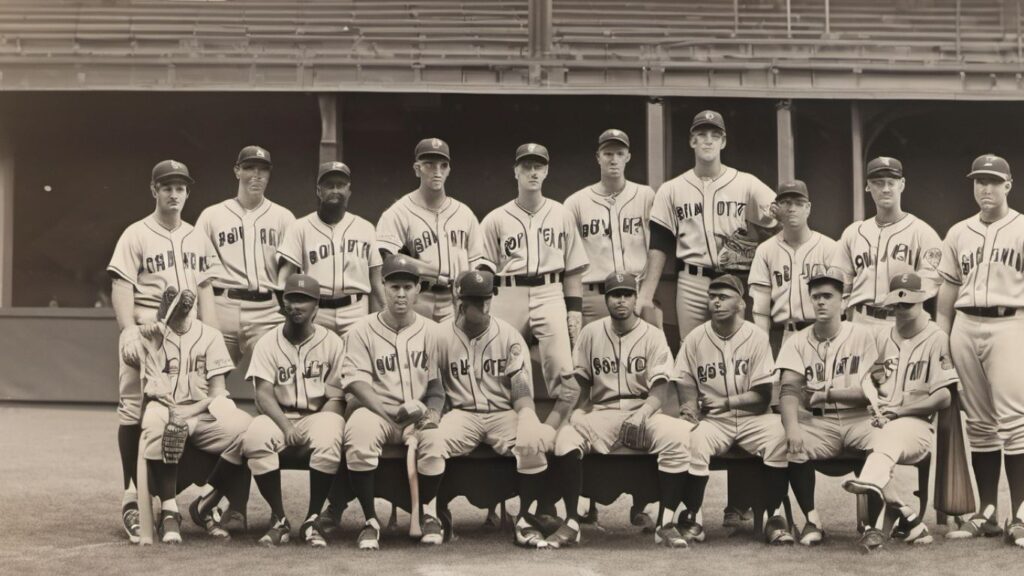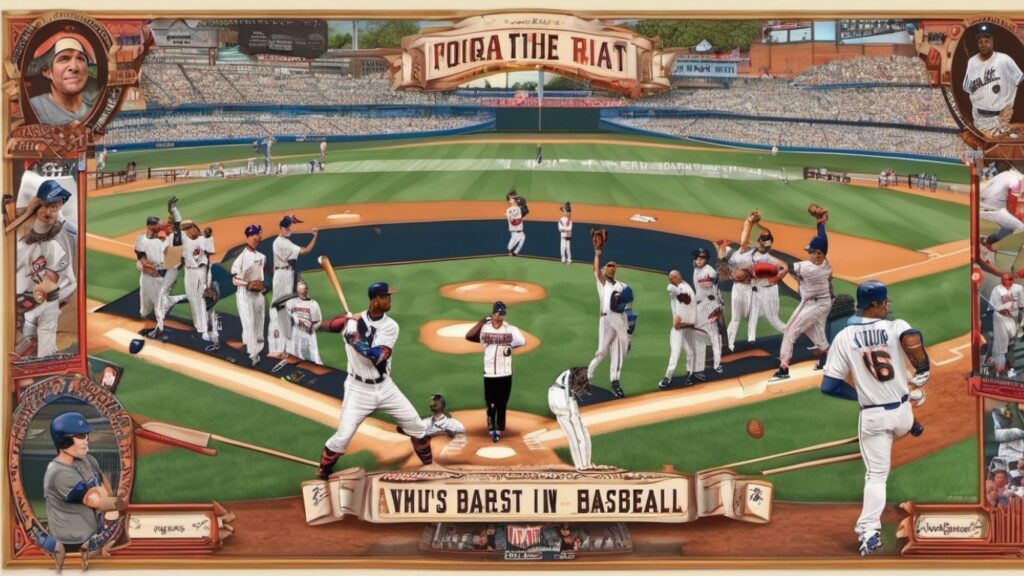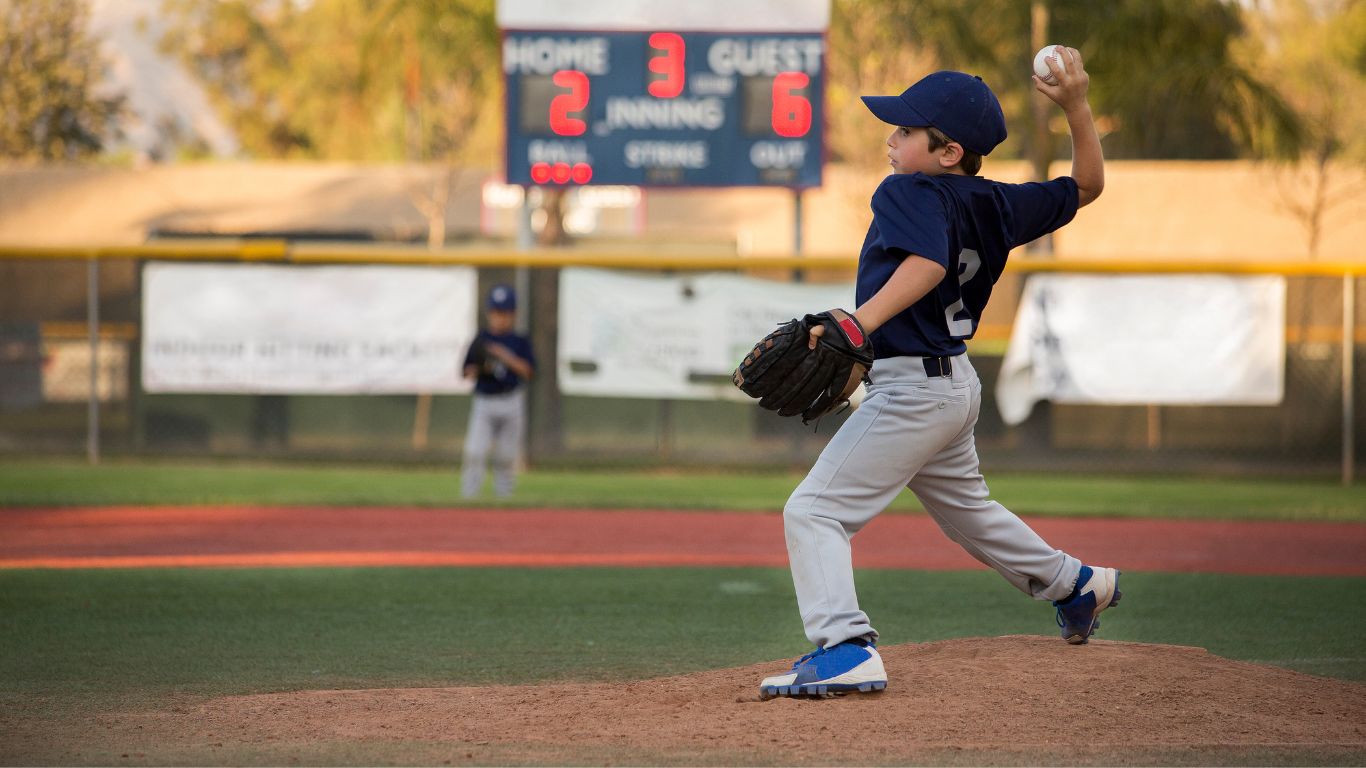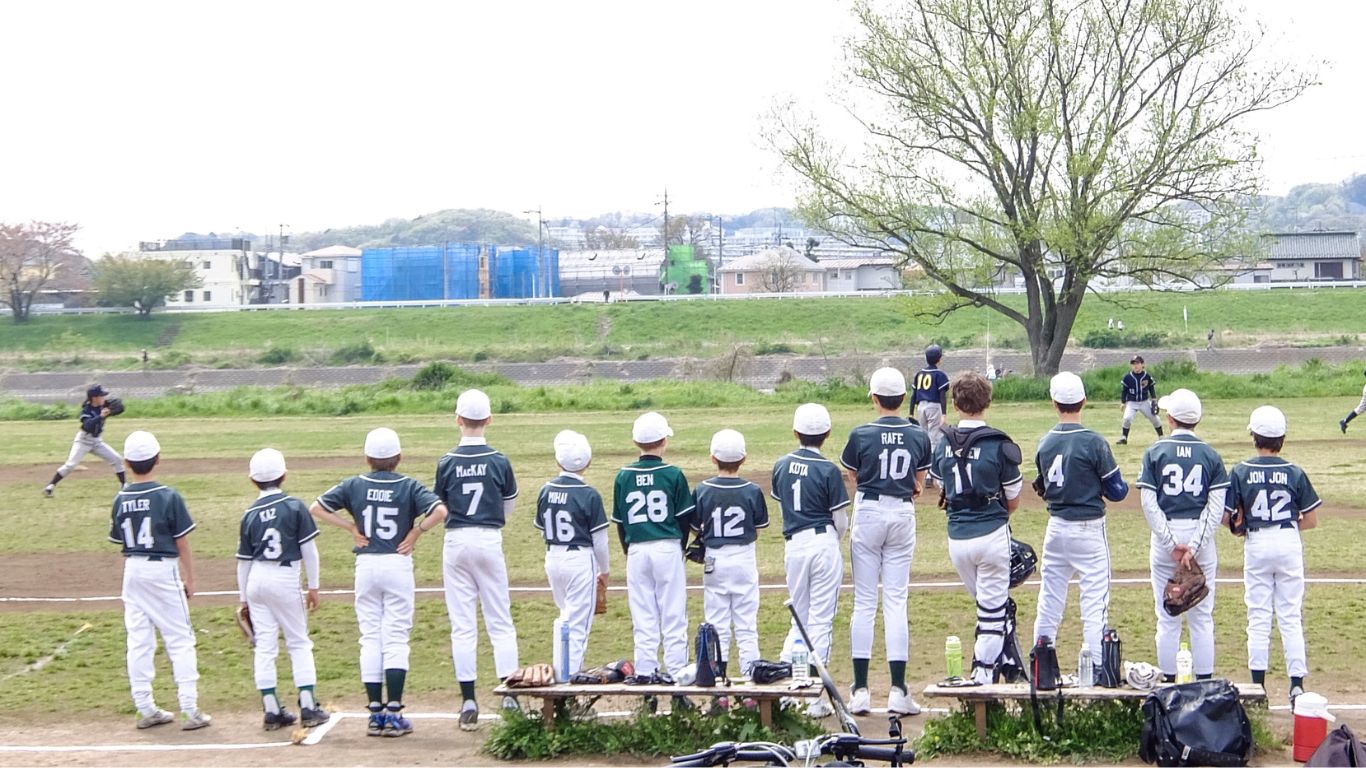Baseball, America’s favourite pastime, is a sport rich in tradition and strategy. From the bat’s crack to the crowd’s roar, every aspect of the game holds a special significance. Yet one question lingers in the minds of both seasoned fans and curious newcomers alike: who bats first in baseball? It may seem simple, but choosing which player steps up to the plate first can set the tone for an entire game. This seemingly straightforward choice carries a subtle dance between statistics, psychology, and pure gut instinct that can make or break a team’s performance on any given day. Let’s dive into this fundamental aspect of baseball strategy and uncover its complexities that often go unnoticed by casual viewers.

Overview of batting order importance in baseball
Baseball, often touted as America’s favourite pastime, is a sport rich in strategy and tradition. While the casual observer might see it as just a game of throwing and hitting, those immersed in baseball know that every aspect of the sport is meticulously planned and executed. One such crucial element is the batting order – a carefully crafted lineup that can make or break a team’s chances of victory. Who bats first in baseball may seem like a simple decision, but its implications are far-reaching and can set the tone for an entire game. In this article, we will delve into the importance of the batting order in baseball, exploring how each player’s position impacts the flow and outcome of the game.
Origins of Batting Order Tradition
Baseball, America’s beloved pastime, is a sport steeped in tradition and history. Every fan knows the excitement that comes with the crack of the bat and the cheers as a player rounds the bases. But have you ever wondered why certain players bat in a specific order? The batting order tradition in baseball has its roots deep in history, dating back to the game’s early days. Understanding how this tradition originated can provide fascinating insights into the strategic thinking behind who bats first and why it matters.

Factors influencing first batting choice
In baseball, the decision of who steps up to the plate first is not merely a matter of chance but a strategic move that can set the tone for the match. The choice between batting first or second involves a complex interplay of factors that can make or break a team’s chances of victory. Each element is crucial in determining which team will have the upper hand, from weather conditions and field dynamics to psychological advantages and statistical trends.
Differences in the batting order
Baseball, often called America’s favourite pastime, holds a special place in the hearts of sports enthusiasts worldwide. The crack of the bat, the roar of the crowd, and the thrill of watching your team step up to the plate make this sport so captivating. But have you ever considered how different factors, like whether a game is played at home or away, can impact who steps up first to bat? In this article, we delve into the intriguing world of baseball strategy and explore how batting order can vary depending on whether a team is playing in their stadium or on unfamiliar turf. Join us as we uncover the secrets behind this crucial aspect of America’s beloved game.

Importance and skills required
In a high-stakes baseball game, every lineup decision can shape a match’s entire course. But none is more crucial than selecting the leadoff batter, the player tasked with setting the tone for their team’s offensive performance. The leadoff spot isn’t just a position in the lineup; it’s a strategic role that demands unique skills and qualities. The leadoff batter wields a powerful influence over how innings unfold, from igniting momentum to outsmarting opponents.
Collaboration and communication in the lineup
As the opening pitch echoes through the stadium, the anticipation is palpable. The crowd leans in, eager to witness the harmonious symphony of a well-oiled team taking on its opponents. In baseball, who bats first can set the tone for the entire game, much like how collaboration and communication can shape the dynamics of a team lineup. It’s not just about individual talent but also about how players come together to form a cohesive unit that propels them towards victory.
Frequently Asked Questions
1. Who bats first in baseball?
Answer: The visiting team bats first in a baseball game.
2. Can the home team choose to bat first in baseball?
Answer: No, the home team always bats second in baseball.
3. Why does the visiting team bat first in baseball?
Answer: It is a traditional baseball rule that the visiting team bats first to start the game.
4. What is the advantage of batting first in baseball?
Answer: Batting first allows the visiting team to set the game’s tone and potentially score runs early on.
5. Does the order of batting change during extra innings in baseball?
Answer: No, the batting order remains unchanged throughout extra innings in a baseball game.
6. Are there any exceptions to the rule of who bats first in baseball?
Answer: No, this rule is standard across all levels of organized baseball games.
7. How does the decision of who bats first affect gameplay strategy?
Answer: Teams may adjust their strategies based on whether they are batting first or second, but it ultimately depends on various factors such as players’ strengths and game situations.
8. Is there any specific player who always leads off-batting for the visiting team in baseball?
Answer: No specific player is designated to lead off every game for the visiting team; it typically depends on each team’s lineup and coaching decisions.
Conclusion
The bat’s crack, the crowd’s roar, and the tension in the air as a crucial game-deciding moment unfolds on the baseball field. Who bats first? It may seem like a simple question, but in reality, it is just one piece of a complex puzzle: strategic decision-making in baseball. As we delve into this world where split-second choices can make or break a team’s chances of victory, it becomes clear that success in baseball is not just about raw talent or luck – it also hinges on carefully crafted strategies and calculated decisions made by managers and players alike.









